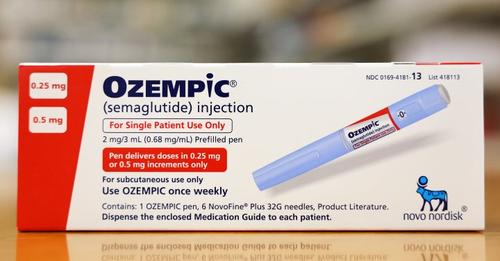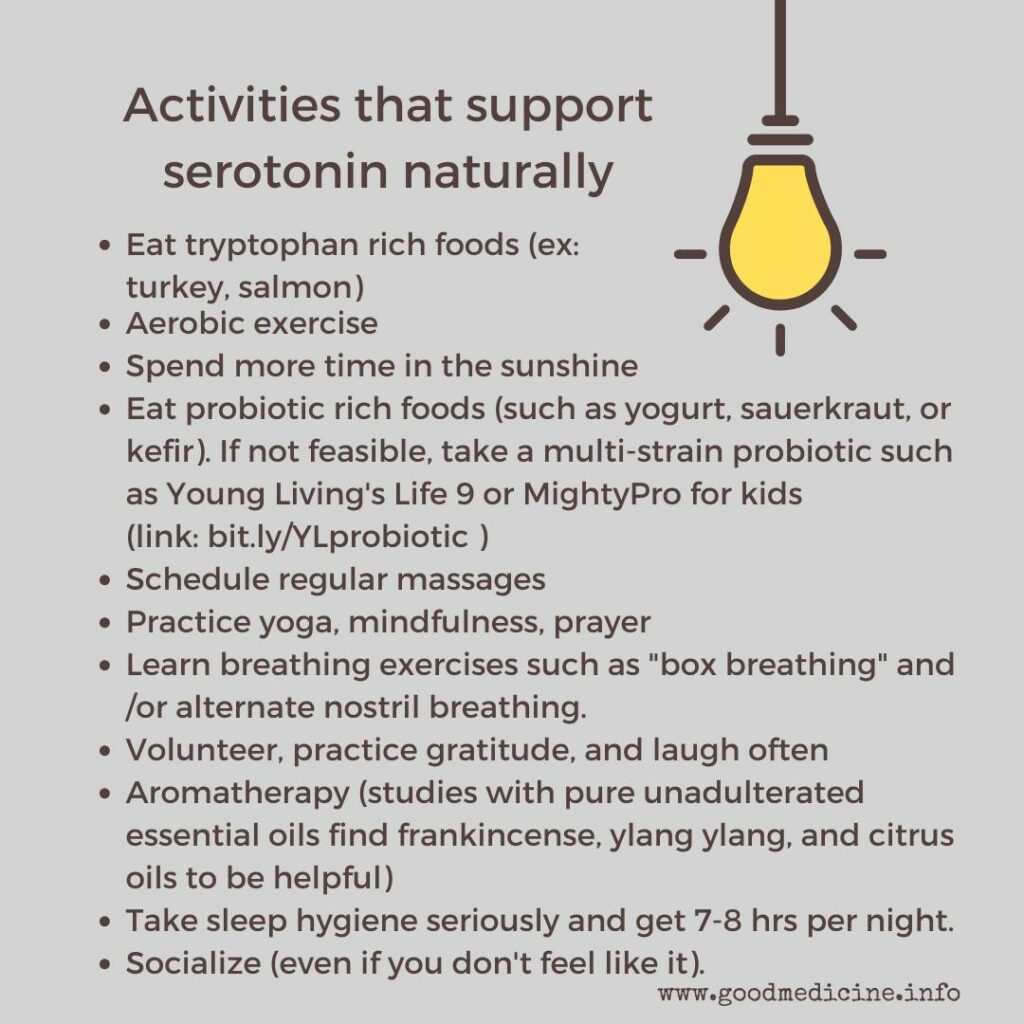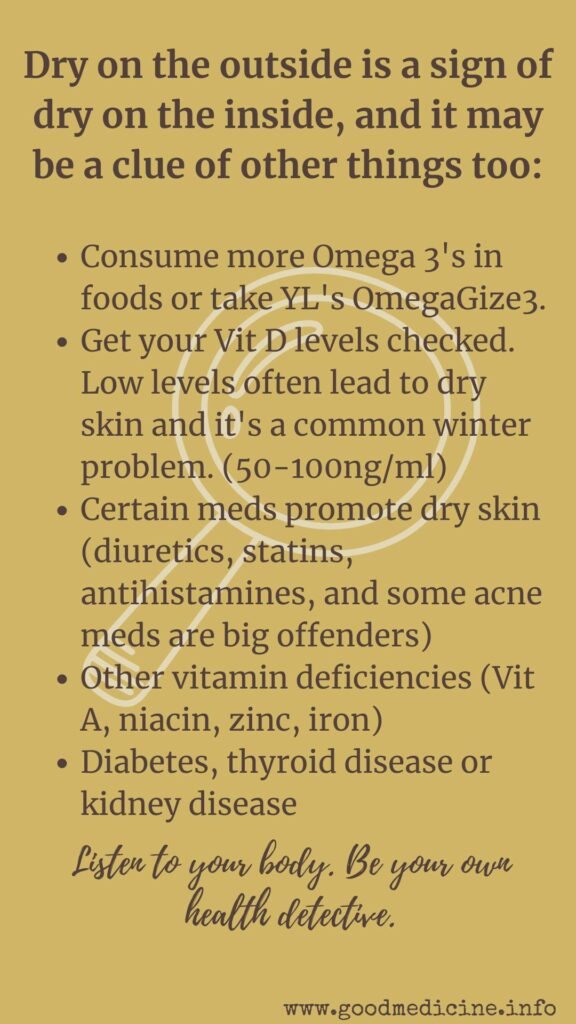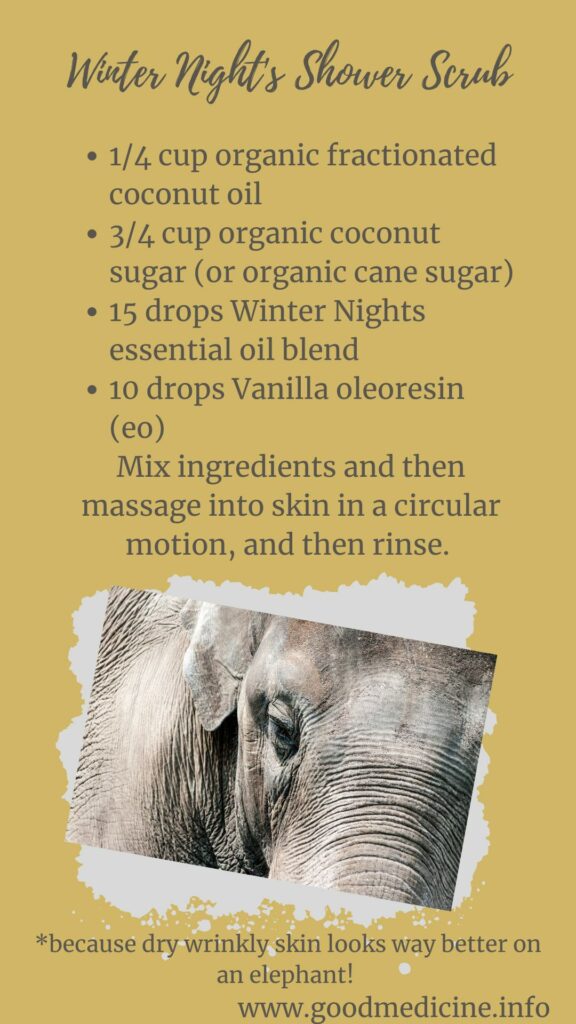I spoke about the dangers of Ozempic a few months ago here because the Big Pharma media push to “problem solve via prescription” was doing people no favors….. if it sounds too good to be true, 99.8 out of 100 times, there’s always gonna be a catch.
There is no substitute for correct nutrition, exercise, hydration, sleep, and properly managed emotions….. no matter what Big Pharma says.
Not sure where or how to start with that list? I’m a 30-minute complimentary call away from the rest of your better healthier life. xoxo~ liz
list? I’m a 30-minute complimentary call away from the rest of your better healthier life. xoxo~ liz












